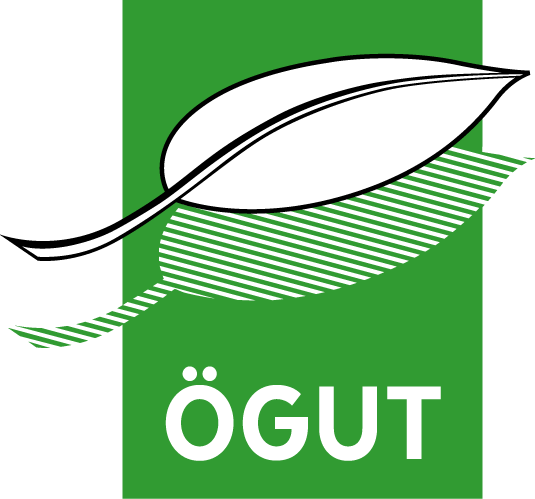OEGUT
History of the OEGUT
1985…Platform for Environment and Technology
Following the conflict concerning a plan for a power station in Hainburg, the most important institutions from the areas of administration, economy and the environment came together to develop mechanisms to avoid and manage such conflicts. Long before the term ‚round table was coined, the desire to engage with all parties involved in environmental conflicts has existed: this is the focus of the OEGUT. In light of this, the OEGUT was founded to offer actors an above-party platform. We are an independent, non-profit-organisation that stands for the sustainable orientation of the economy and society.
1997… plus sustainability
In the mid-90s the OEGUT little by little established areas of expertise in accordance with member-involvement. Through building up competencies via research projects and studies within the broader context of sustainability, it became possible to participate in discussions and decision-making processes, exchange experiences and develop solutions for initiatives, policy guidance, stakeholder processes and much more.
2010…on the way to future sustainability
In 2010 the OEGUT launched the future vision „Das Blatt wenden“ („Turn the Page“) with the goal of using its interdisciplinary strengths to identify the central challenges of the next 25 years in the areas of environment and society and to develop central guidelines for sustainable action (internal link). The present-day challenges and possible solutions that were developed via this process are the guiding principles for the OEGUT’s current activities. Central to this is the sustainable transformation of the rules of economy and society and also the individual‘s way of life. The OEGUT develops answers within these topic areas that contribute to a worthwhile life for future generations.
2015… Develop knowledge. Communicate knowledge. Network people!
The OEGUT not only builds bridges between its stakeholder groups but also between research and implementation initiatives in those fields where we have been developing our scientific competencies for many years.

